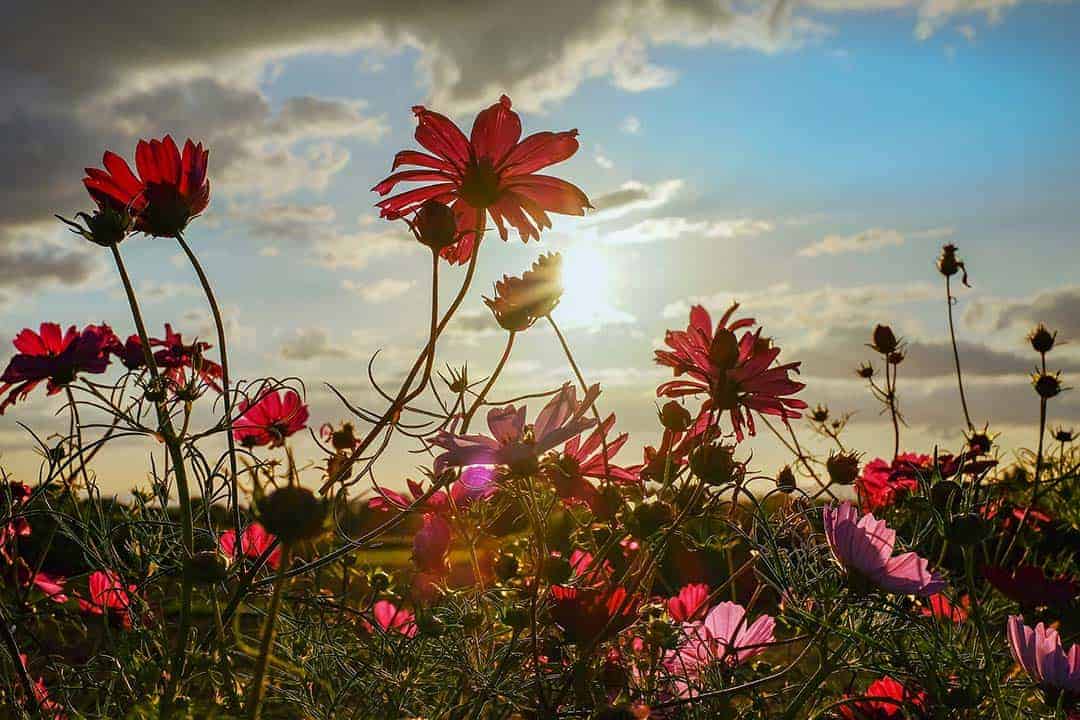When someone close to us dies, we feel numb, and sometimes we refuse to believe it. We can’t function and it feels like the world is collapsing around us. Then, it hits us and it feels like a huge weight has fallen upon us.
Three and a half years later, I still can’t believe the death of one of my family members; and I don’t think I’ll ever get over it. There will always be a bit of him in my heart. Even now, writing about death; it is incredibly hard and emotional. When you care for someone, their impact on your life lives on years later. As Imam Shafi so beautifully put:
“Some people have passed away but their character has kept them alive.”
As we’ve discussed previously this month, there are number of ways you can keep their “character” alive, whether it is charity or keeping their thoughts and ideas going. However, while it is natural to feel devastated, it is important we do not allow it to consume us so it does not hinder our health. Some of us may isolate ourselves, develop particular anxieties, lose trust in people, and lose hope in Allah. We may forget to eat, sleep or even pray. Although Islamically, we have been giving a 3 day mourning period for non-widows, this does not mean that the heart cannot still feel pain after those 3 days and people cannot carry on grieving. Rather, it is encouragement to adjust to a new life without your loved one and process the feelings that can occur around an uneasy period. This is why we should seek comfort in Allah in these situations, as He is the one that promised after every hardship there is ease. He is also the one that has promised us an unimaginable life beyond this dunya, and He is the one that has saved 99 parts of Mercy for His slaves on the day of resurrection. Take comfort in the fact that there is a limitless amount of hope that Allah has sworn by, and by His will, your loved one will also be favored.
Death also acts as a reminder for ourselves, are we taking advantage of every God given day? Are we living in honour of our loved ones? Are we emulating their hopes and dreams in accordance to what Allah wants from us? Whilst it is a loss in one way, it can be an abundance of gain in another way, in terms of hope and optimism. Life can appear to be unbearable, but remember Allah does not burden a soul beyond its capacity, and Allah has chosen you to fight one of life’s hardest battles. A battle which He has not left you without weapons for, as verily dua is the weapon of the believer.
There are many adiyaat that have been recorded of the Prophet (pbuh) saying and many ahadith that encourage you to seek forgiveness for the deceased. Perhaps the most important thing to remember, especially if making dua is alien to you, is that you can ask of Allah anytime, and anywhere. It doesn’t just have to be within salah, or at a specific time, with your hands up (although there are specific times when making dua is most likely to be accepted) – and you can make a habit, where every time you remember something about the one you’ve lost, you make dua for their forgiveness at the same time.
“O Allah, forgive _______ . Make him among the guided ones, raise their status and be their deputy among the grieving. O Lord of the two worlds, forgive us and them and make their grave wide and full of light”.
“O Allah, Your servant is in need of Your mercy and You are without need of theirs punishment. If they were righteous then increase their reward and if they were wicked then look over their sins.”
“O Allah, _____ is under Your care and protection so protect them from the trial of the grave and torment of the Fire. Indeed You are faithful and truthful. Forgive and have mercy upon them, surely You are The Oft-Forgiving, The Most-Merciful.”
To Allah we belong, and to Him is our return.




